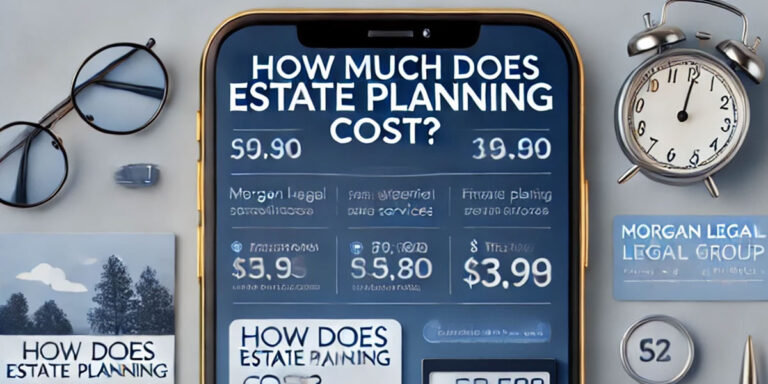
How Much Does Estate Planning Cost?
How Much Does Estate Planning Cost in New York? Understanding Fees, Options, and Value When considering estate planning, one of the first questions people ask


Home » Medicaid Application Process In New York

How Much Does Estate Planning Cost in New York? Understanding Fees, Options, and Value When considering estate planning, one of the first questions people ask
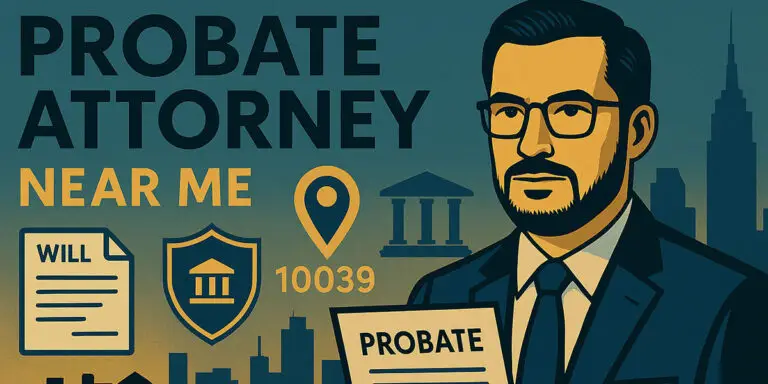
Finding a Compassionate and Experienced Probate Attorney Near You in the 10039 ZIP Code: Navigating Estate Administration with Expertise The loss of a loved one
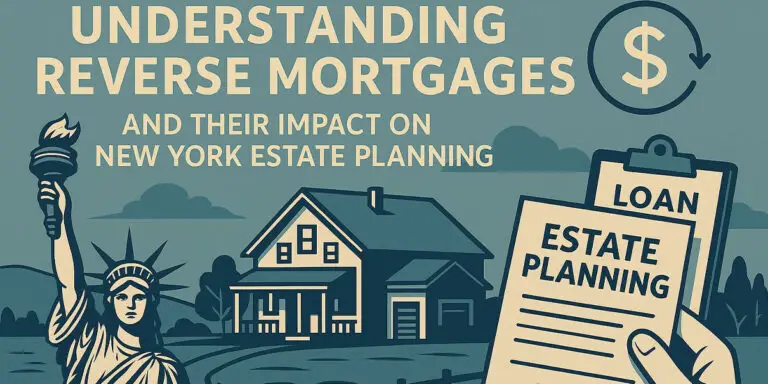
Understanding Reverse Mortgages and Their Impact on New York Estate Planning: Navigating Senior Finances and Protecting Your Legacy Reverse mortgages, also known as Home Equity
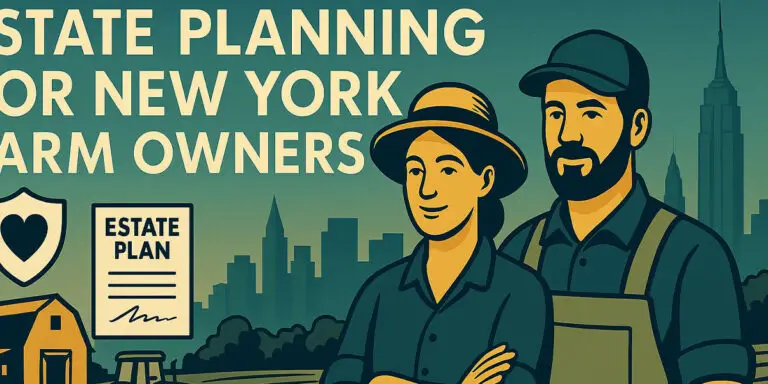
Estate Planning for New York Farm Owners: Protecting Agricultural Assets and Ensuring the Future of Your Legacy Owning a farm in New York is more
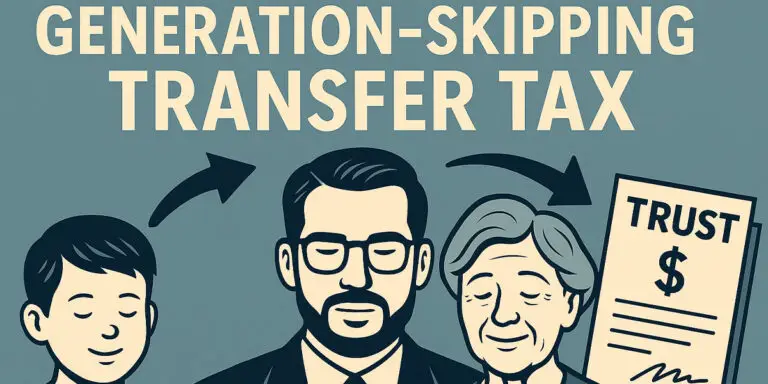
Generation-Skipping Transfer Tax (GSTT) Planning in New York: Avoiding Double Taxation and Preserving Wealth for Future Generations For high-net-worth individuals in New York, minimizing estate
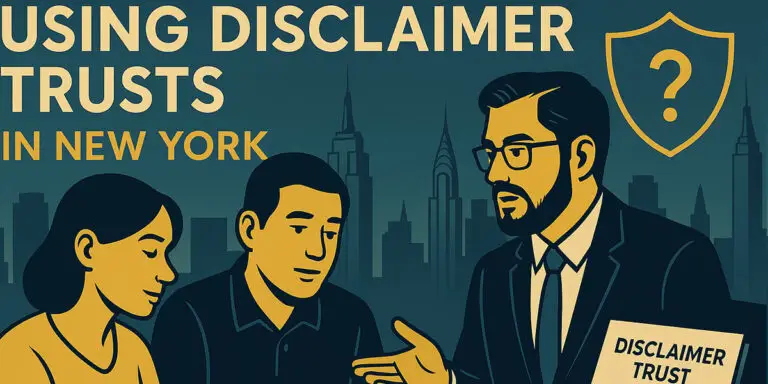
Using Disclaimer Trusts in New York: Providing Flexibility for Beneficiaries and Optimizing Your Estate Plan Estate planning is not just about making decisions today; it’s

Charitable Remainder Trusts (CRTs) in New York: Blending Philanthropy and Estate Planning for a Lasting Impact Many individuals in New York are passionate about supporting

Special Needs Trusts (SNTs) in New York: Protecting Benefits and Ensuring a Secure Future for Individuals with Disabilities Caring for a loved one with disabilities

Family Limited Partnerships (FLPs) in New York: Maintaining Control and Providing Asset Protection for Your Family’s Future For families with significant assets, particularly family businesses

Grantor Retained Annuity Trusts (GRATs) in New York: A Sophisticated Gifting Technique for Estate Tax Reduction in 2025 For high-net-worth individuals in New York, minimizing

Qualified Personal Residence Trusts (QPRTs) in New York: Transferring Your Home Tax-Free and Planning for the Future (2025) For many New Yorkers, their home represents

Using Irrevocable Life Insurance Trusts (ILITs) in New York for Estate Tax Reduction: A Guide for 2025 Estate tax can significantly diminish the amount of

Estate Planning for Non-Citizens Residing in New York: Securing Your Assets and Protecting Your Family in 2025 As a non-citizen residing in New York, estate

The Impact of Divorce on Your Estate Plan in New York: Protecting Your Assets and Securing Your Future Divorce is a significant life event that

Avoiding Family Conflicts During Estate Administration in New York: Strategies for Harmony and Fair Resolution The loss of a loved one is an emotionally challenging

The Importance of Proper Witnessing and Notarization of Estate Planning Documents in New York: Ensuring Validity and Preventing Challenges Creating a comprehensive estate plan involves

DIY Estate Planning vs. Hiring an Attorney in New York (2025): Weighing the Pros and Cons to Protect Your Future With the rise of online

Common Estate Planning Myths Debunked in New York (2025): Separating Fact from Fiction to Protect Your Legacy Estate planning is often shrouded in misconceptions and

The Role of the Executor in New York Estate Administration: A Comprehensive Guide When a loved one passes away in New York, the process of

Estate Planning Tips for Your Blended Family in New York: Ensuring Harmony and Protecting Everyone’s Future Estate planning can be complex under any circumstances, but

Ethical Considerations in Estate Planning for New York Attorneys: Upholding Integrity and Serving Clients’ Best Interests Estate planning involves deeply personal and sensitive matters, requiring

Estate Planning for Same-Sex Couples in New York: Ensuring Legal Protections and Honoring Your Relationship With the advent of marriage equality, same-sex couples in New

New York Trust & Estates Legacy Lawyers: Securing Your Family’s Future for Generations Planning for the future involves more than just accumulating wealth; it’s about

Safeguarding Your Legacy: Who Should Keep Your Last Will and Testament in New York? Your last will and testament indicate how you want the assets

Estate Planning for Single Individuals in New York: Protecting Your Assets and Ensuring Your Wishes Are Honored While estate planning is often associated with married

Estate Planning for Digital Assets in New York: Managing Your Online Legacy In today’s increasingly digital world, our lives are intertwined with online accounts, social

Expert’s Guide: Estate Planning in New York – Secure Your Future Welcome to Morgan Legal Group P.C., your dedicated legal resource for estate planning in

Updating Your Estate Plan in New York: A Regular Check-Up for Your Legacy Creating an estate plan is a significant step towards protecting your assets

Is Life Distracting You from Seeing an Estate Planning Attorney in NYC? Reclaim Your Future Today Life in New York City moves at a relentless

Finding the Right Estate Planning Attorney Near You in the 10025 ZIP Code: Securing Your Future Planning for the future involves many important considerations, and
Ⓒ 2025 - All Rights Are Reserved | Privacy Policy | Estate Planning Attorney NYC | Sitemap